The Significance of Wildfire Events
In recent years, the topic of wildfires has expanded beyond merely being a natural disaster phenomenon; it has evolved into a significant element of cultural and community engagement, especially through various wildfire events. These events serve not only as platforms for education on prevention and safety but also foster community spirit and resilience in the face of climate change and ecological challenges. Understanding the significance of these events can illuminate their impact on communities, the historical context of wildfires, and the benefits derived from participating in them.
Understanding Wildfire Events’ Impact on Communities
Wildfire events often bring communities together, serving as a crucible for resilience, support, and collaboration. From local festivals celebrating the natural environment to awareness campaigns promoting wildfire prevention, these gatherings can empower individuals and families to engage actively in their community’s safety and sustainability. Here are some key impacts:
- Community Engagement: Local wildfire events, such as education fairs, provide a space for homeowners, firefighters, and local officials to interact, fostering a sense of community.
- Resource Sharing: Attendees often share resources about protective measures, tools, and strategies that have worked for them in managing fire risks.
- Emotional Support: Wildfires often damage personal properties and landscapes. Events can facilitate shared experiences of loss and recovery, helping communities heal together.
Historical Context of Wildfire Events
The impact of wildfires is not solely a modern issue. Historical records indicate that certain regions in the U.S. have faced devastating wildfires for centuries. The history of wildfire events dates back to the native practices of using controlled burns for landscape management. This method reduced fuel loads and enhanced growth in many ecosystems. With the advent of urban expansion and climate change, past practices often clash with new environmental challenges. Thus, contemporary wildfire events should be seen as part of an ongoing narrative of land management and community adaptation.
Benefits of Attending Wildfire Events
Participating in wildfire events yields multiple benefits that extend beyond immediate educational content. Some of these include:
- Education: Attendees gain awareness of the latest wildfire safety protocols, resources, and equipment that can mitigate risks.
- Networking: These events often attract emergency responders, conservationists, policy makers, and community leaders, forging valuable connections that can lead to collaborative solutions.
- Personal Development: Workshops and training events can enhance individuals’ and communities’ skills in areas pertinent to wildfire prevention and management.
Planning Your Attendance at Wildfire Events
Planning to attend a wildfire event requires attention to detail, preparation, and foresight. Whether you are attending for educational purposes or community engagement, following a few best practices can enhance your experience.
What to Expect at Wildfire Events
Wildfire events can vary widely in format, scale, and purpose. Some may take place in local parks, while others incorporate workshops, demonstrations, and guest speakers. Here’s what you might typically find:
- Workshops and Demonstrations: These sessions often cover wildfire preparedness topics, such as creating defensible spaces around homes, first aid for fire emergencies, and understanding fire ecology.
- Resource Fairs: Many events include booths from local agencies, vendors, and organizations showcasing tools and products designed to prevent and combat wildfires.
- Educational Talks: Keynote speakers often include fire chiefs, environmental activists, and researchers who share insights on wildfire trends and challenges.
Best Practices for Enjoying Wildfire Events
To make the most of your experience at wildfire events, consider the following strategies:
- Research: Look up event details online, including schedules, speakers, and local resources.
- Engage Actively: Ask questions during talks and demos, and do not hesitate to network post-event for further discussions.
- Take Notes: Jot down key takeaways, resources mentioned, and follow-up actions to utilize what you’ve learned.
Preparing for Various Event Types
Wildfire events come in many forms—from awareness walks to community festivals. Tailoring your preparation can significantly optimize your experience:
- For Workshops: Bring essential materials, such as notes dating back to previous events, ideas for proactive measures, and a list of inquiry points.
- For Festivals: Dress comfortably, hydrate well, and be prepared for outdoor conditions, especially if using fire-prevention demonstrations.
Prominent Wildfire Events to Know
Across the country, numerous annual wildfire events bring communities together, educate participants, and foster a culture of preparedness. Highlighting a few can give you a brief look into what these gatherings involve.
Annual Wildfire Celebrations Across the Country
Events like the “Wildfire Awareness Week” celebrations occur annually in various states, featuring community engagement in demonstrations, storytelling, and educational resources focused on wildfire safety and ecological awareness. These gatherings emphasize the importance of community action and preparedness, creating a united front when facing the threats of wildfires.
Innovative Ideas for Upcoming Wildfire Events
Modern wildfire events are progressively incorporating innovation to enhance education and engagement. Some innovative event ideas include:
- Virtual Reality Experiences: Allowing participants to experience fire scenarios in a controlled environment to understand safety measures better.
- Social Media Campaigns: Engaging younger audiences through campaigns that encourage sharing personal wildfire preparation stories or wildfire effects in local areas.
- Interactive Apps: Utilizing apps for real-time information on event schedules, resource locations, and interactive quizzes that can lead to prizes.
Community-focused Wildfire Initiatives
Many communities have set forth initiatives surrounding wildfire events, focusing on vulnerable populations or areas. Examples of these include:
- Local Training for High-Risk Areas: Offering specific events in neighborhoods regularly affected by wildfires, where residents can learn tailored safety techniques.
- Youth Engagement Programs: Encouraging school-age children to participate in artwork or storytelling contests related to wildfire prevention to develop early interest in environmental stewardship.
Sustainability and Wildfire Events
The intersection of wildfire events and sustainability is becoming increasingly relevant as communities begin to view both topics as interconnected parts of their survival and prosperity. Organizing these events with sustainability in mind can pave the way for better community practices.
Eco-friendly Practices in Organizing Wildfire Events
Event organizers are recognizing the importance of sustainable practices. Here are example strategies:
- Recycling and Waste Reduction: Ensuring that all materials used at events are recyclable and compostable enhances environmental consciousness.
- Local Sourcing: Utilizing local suppliers for food and products for events reduces carbon footprints and supports local economies.
- Digital Engagement: Utilizing apps or digital platforms for registration, informational sessions, and event materials limits paper waste.
Promoting Awareness for Wildfire Prevention
Concurrently, sustainability can be fostered through education on wildfire prevention and ecological sensitivity. Participants can be encouraged to engage with programs that:
- Highlight Native Plants: Educators can discuss which native flora reduces fire risk while promoting biodiversity.
- Showcase Preventative Strategies: Offering practical demonstrations of safety measures that are low-impact and eco-friendly.
Incorporating Local Sustainability into Wildfire Events
Connecting wildfire events with local sustainability initiatives boosts community pride and promotes an environment of shared learning:
- Partnerships with Local Conservation Groups: Collaborating with organizations invested in environmental health demonstrates a unified commitment to sustainability.
- Engaging Local Businesses: Local businesses can be included as sponsors or vendors, contributing to the overall community economy while participating in wildfire education.
Connecting Through Wildfire Events
The essence of wildfire events lies in their ability to unify communities. Establishing connections and ensuring participation is paramount to resilience against wildfire threats.
Building Community Bonds at Wildfire Events
Wildfire events often serve as social gatherings where like-minded individuals come together. Organizing community events promotes:
- Shared Experiences: Bringing community members together promotes support networks that continue post-event.
- Cultural Sharing: Cultural festivals merging wildfire awareness and local traditions can deepen understanding and respect among diverse community groups.
Engagement and Participation Opportunities
Engaging community members in various activities at wildfire events ensures robust participation:
- Volunteer Opportunities: Offering chances for locals to volunteer in organizing or leading sections of an event fosters community spirit.
- Event Planning Committees: Forming committees with diverse representation guarantees that multiple community perspectives are celebrated and addressed.
Sharing Experiences and Memories from Wildfire Events
Fostering dialogue even after events helps keep wildfire awareness alive:
- Social Media Platforms: Create hashtags for community members to share their experiences, learnings, and supportive messages.
- Post-event Feedback Sessions: Engage participants in discussions regarding their experiences to enhance future event planning and community engagement efforts.
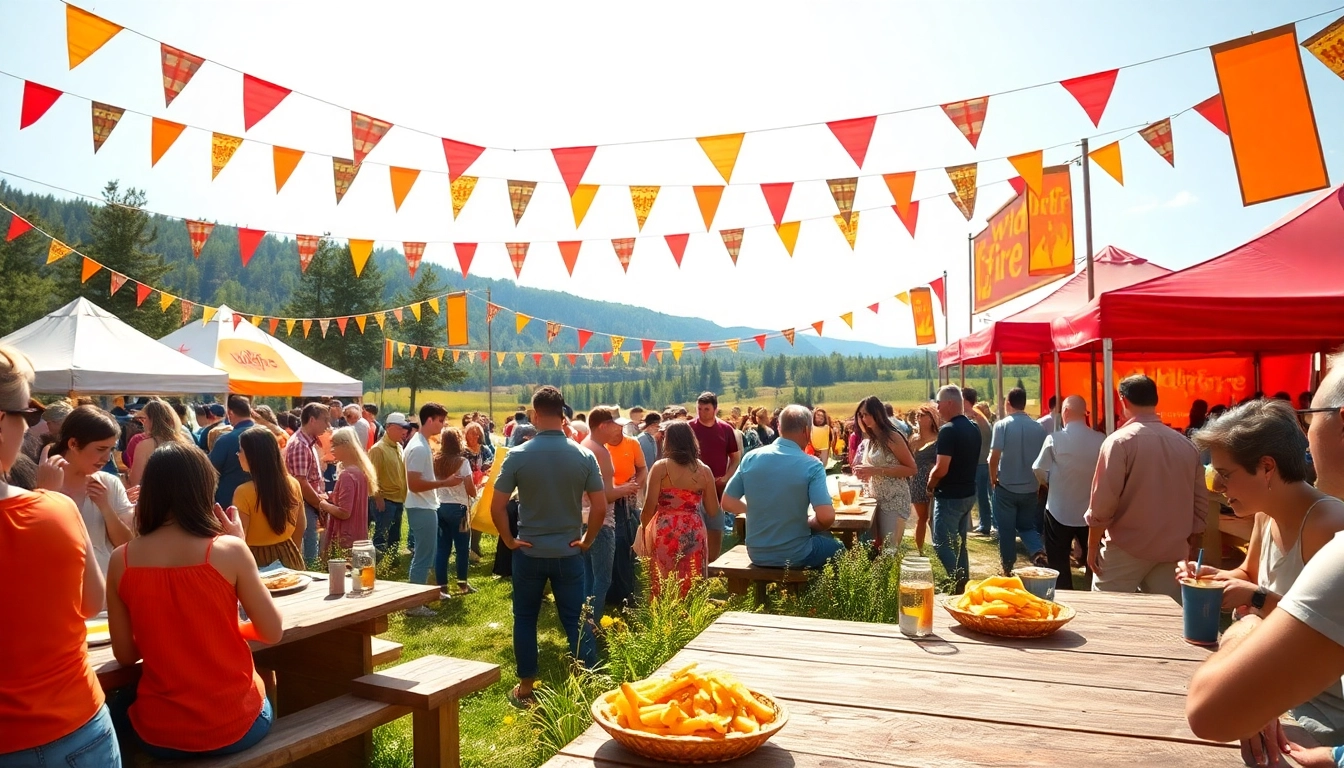
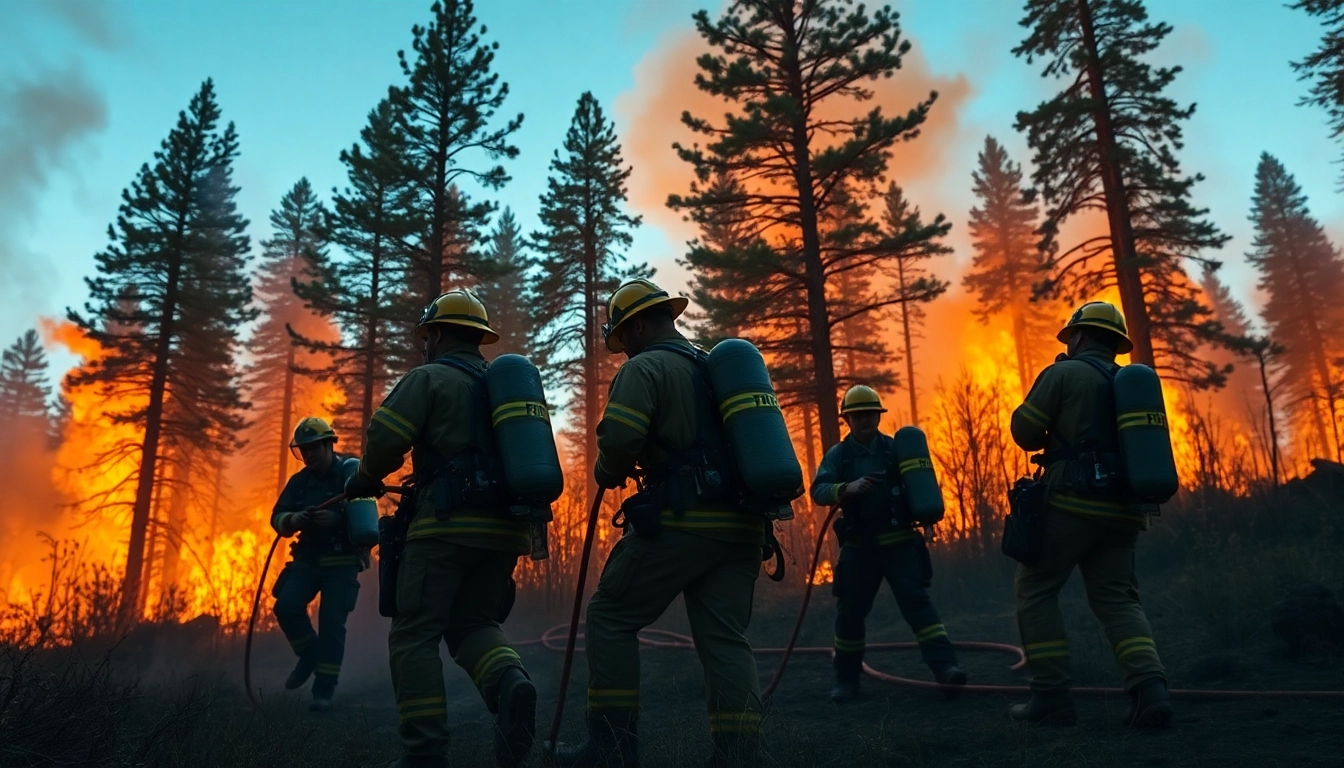
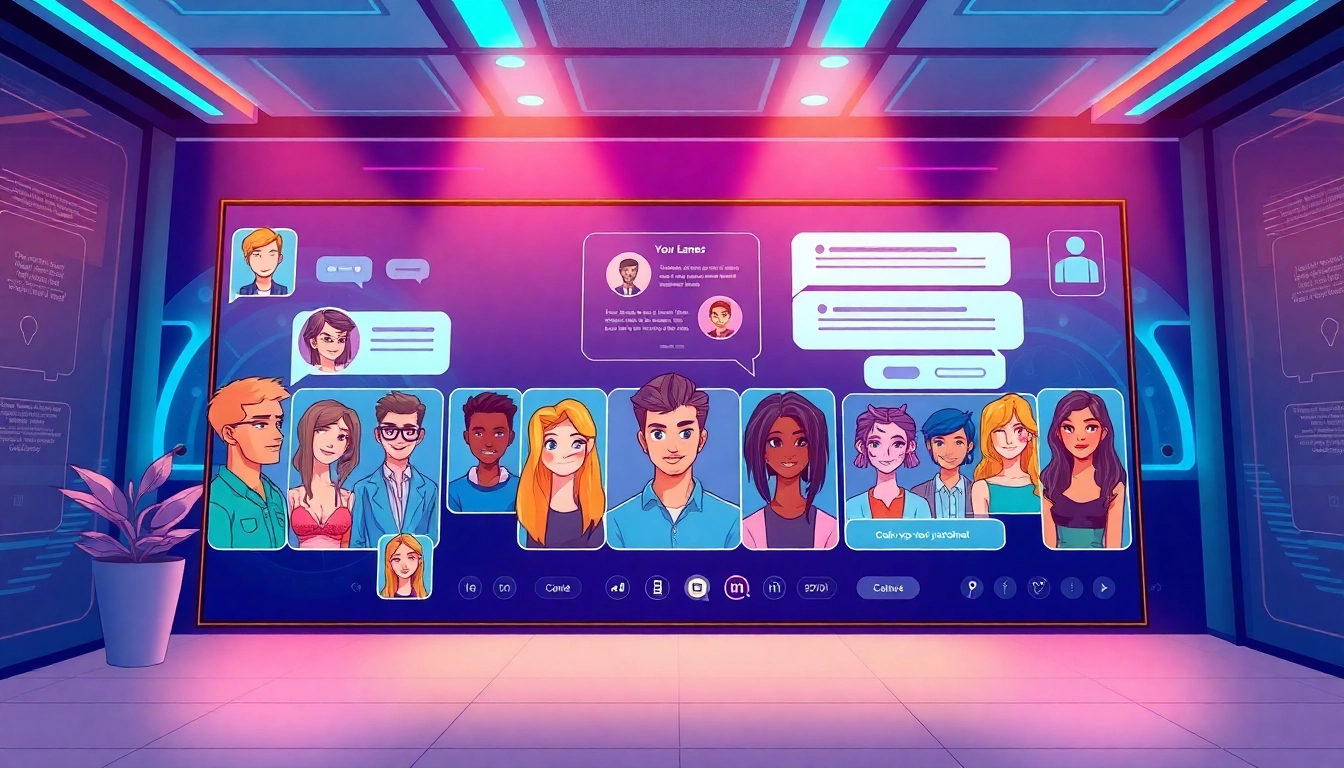
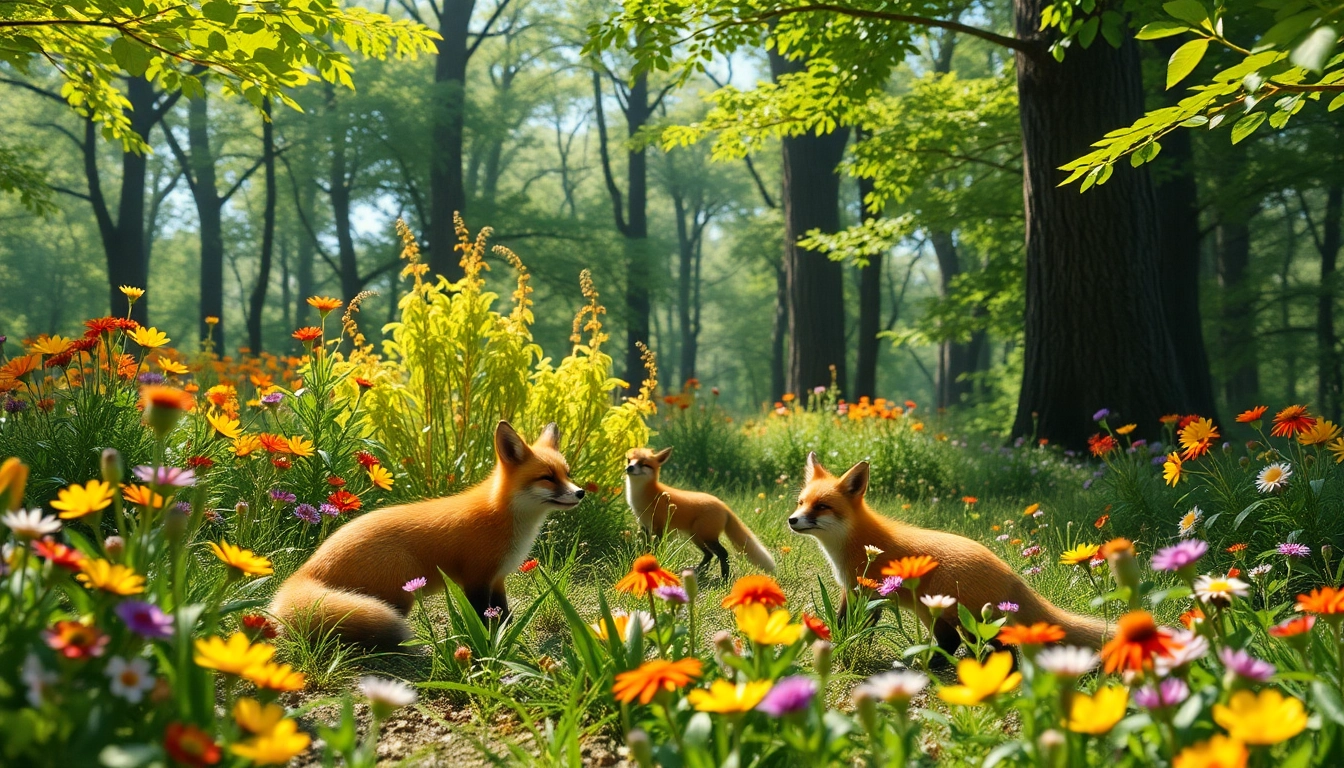

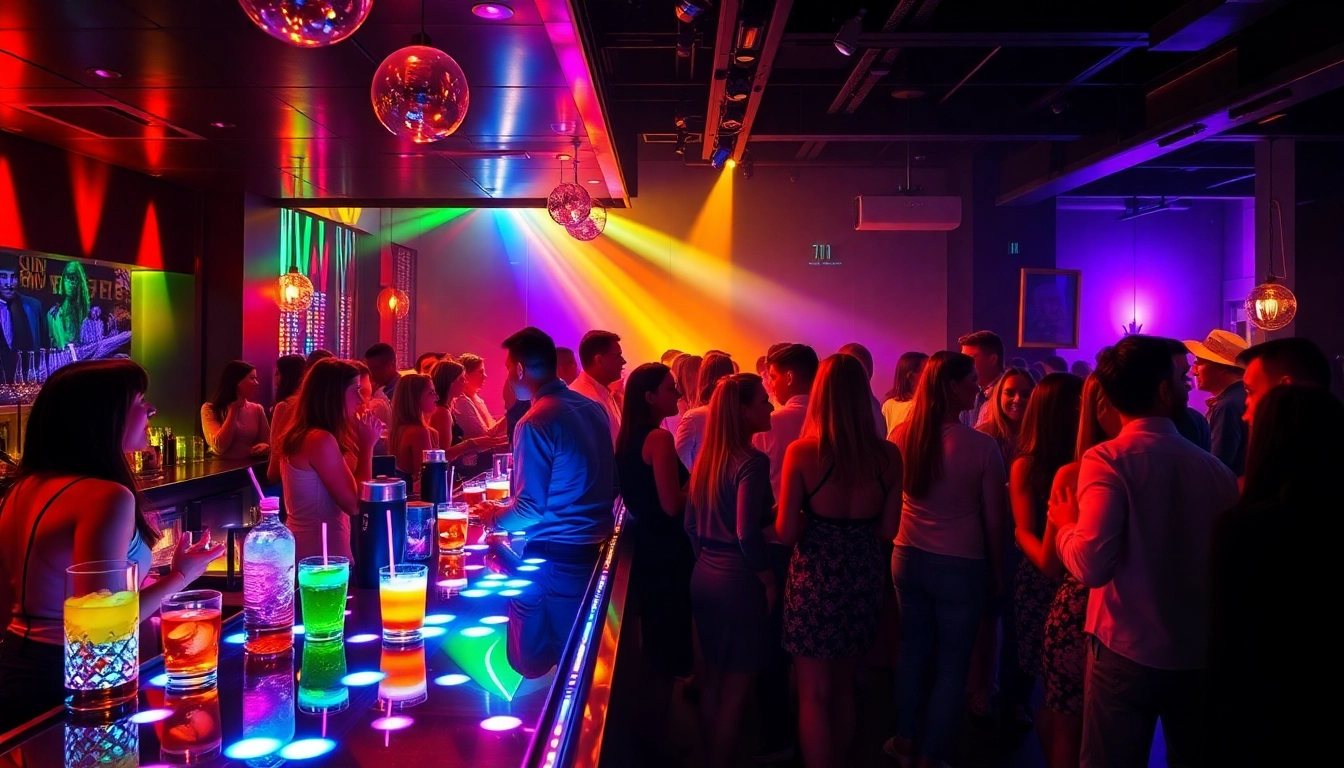

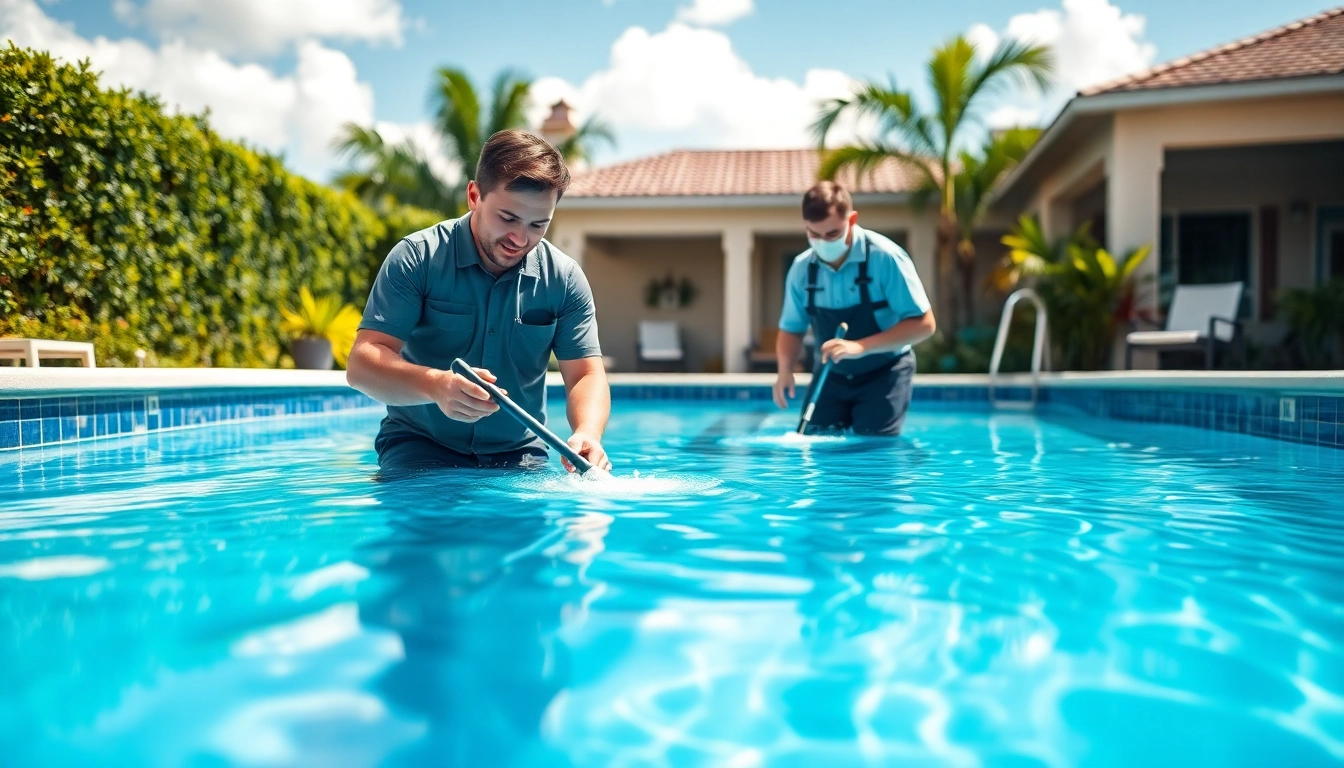
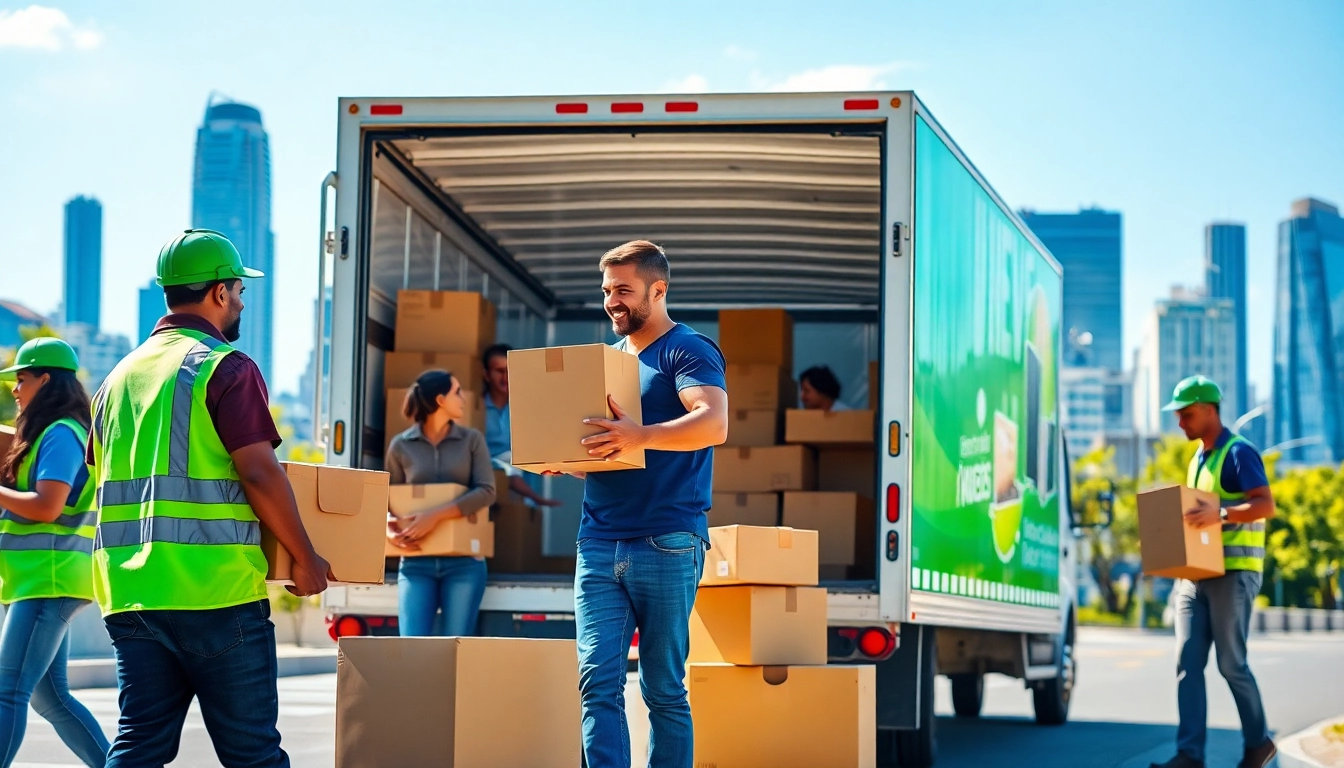
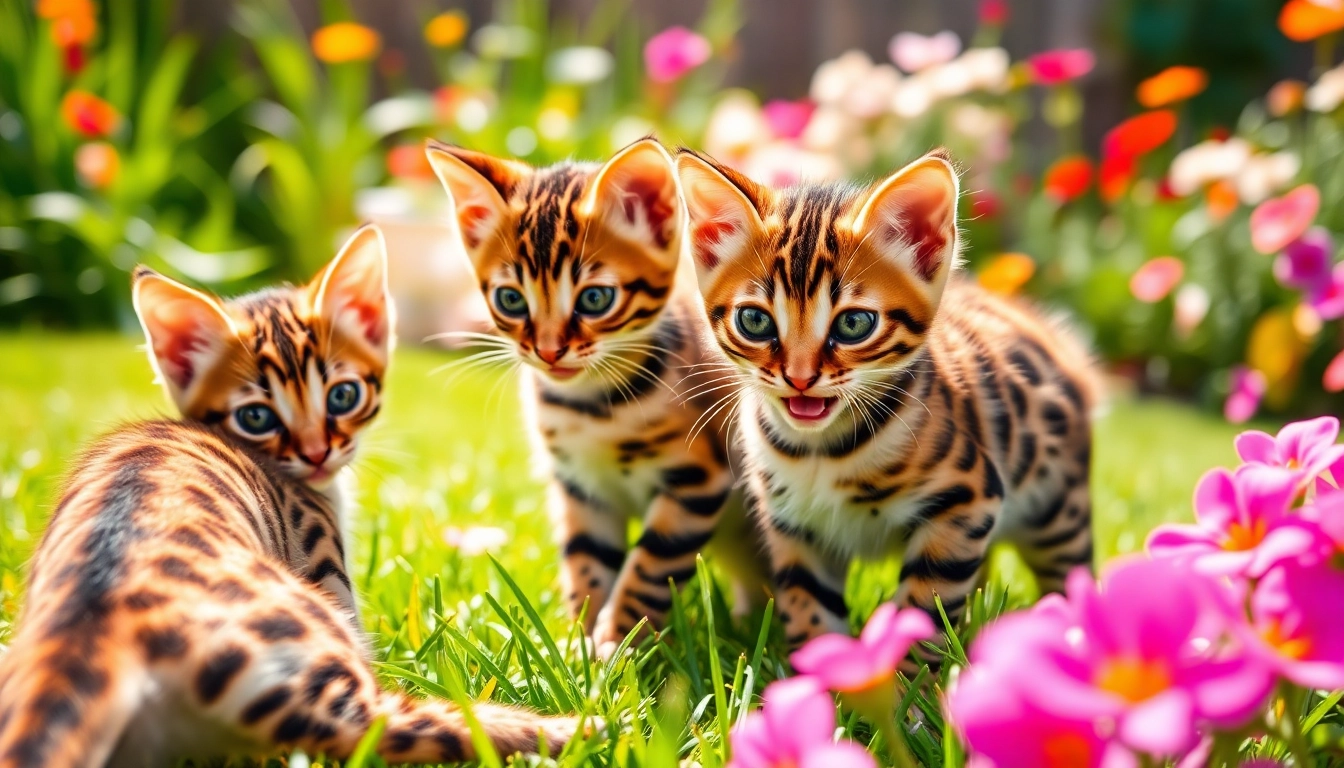
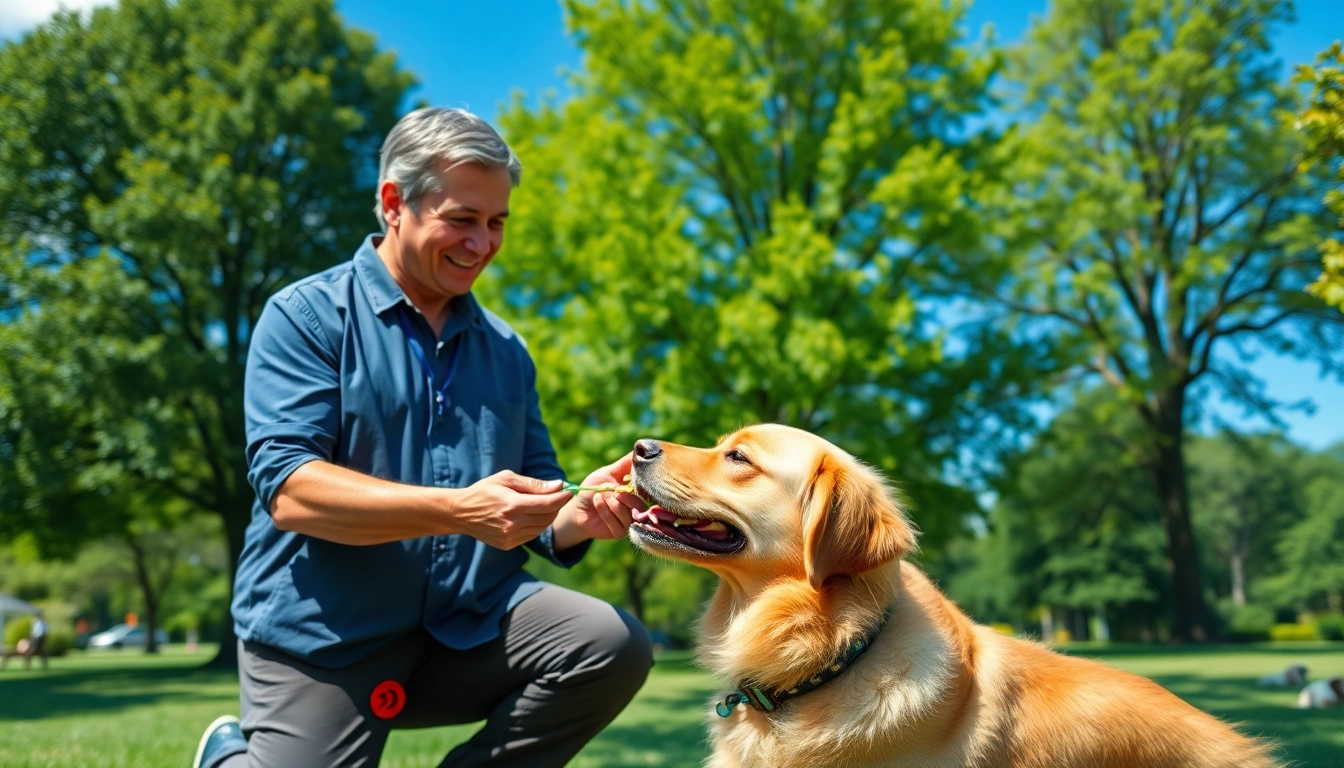
Leave a Reply